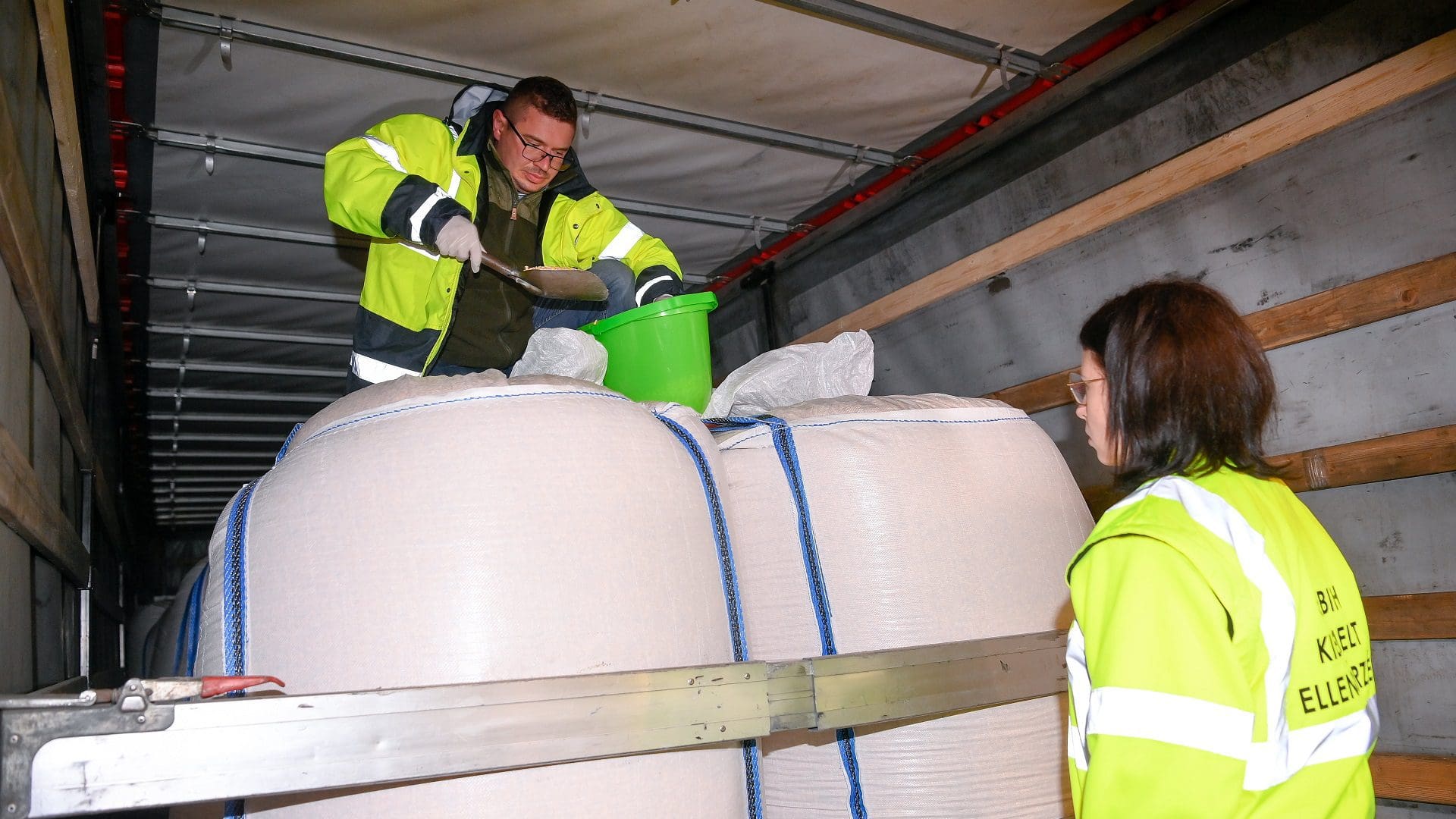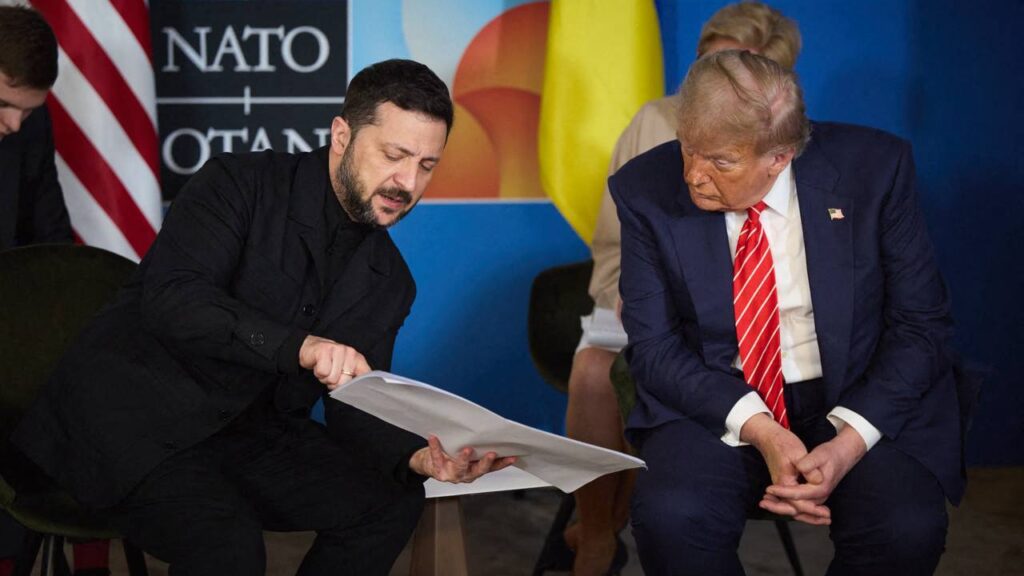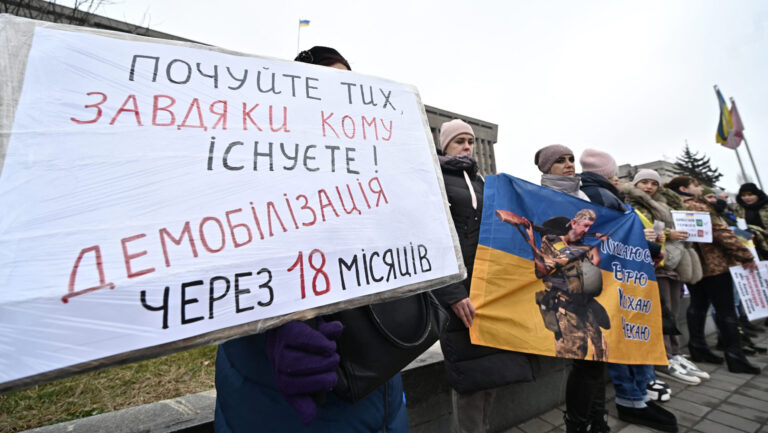Over the weekend, Poland and Hungary announced a temporary ban on grain imports, as well as other food product imports, from Ukraine. On Monday, another country in the Central European region, Slovakia followed suit. Meanwhile, Bulgaria is also reportedly considering similar measures.
Polish farmers started protesting back in mid-February, in an effort to get their government to take action against the glut of tariff-free Ukrainian grain, causing crop prices to fall in the country—after two months, their concerns were heard. Robert Telus, the new Minister of Agriculture who just took office earlier this month after the resignation of his predecessor, ordered large-scale quality tests of the cheap Ukranian crop, after which the government announced the aforementioned ban.
In Hungary, Minister of Agriculture István Nagy specified in his public statements made on Saturday, 15 April, that
the halting of the Ukrainian agricultural product import would last until 30 June;
and it also includes fruits, vegetables, oilseeds, dairy, beef, pork, and eggs, on top of the much-discussed grain. Meanwhile, Nagy’s Slovakian counterpart, Samuel Vlčan, justified the ban by citing public health concerns.
Back in late March, after the EU Council summit, Prime Minister Viktor Orbán made a public pledge on his Facebook page that the Central European countries ‘are collectively taking a stance to protect the farmers from the negative effects of the Ukrainian grain dumps’, as he put it, ‘under the coordination of [Polish Prime Minister] Mateusz Morawiecki’. Within a month, decisive action has in fact been taken to mitigate the issue.
Evidently, these bold measures by Hungary and the other Central European countries elicited reactions from Kyiv and Brussels.
A spokesperson for the European Commission said that they are ‘requesting further information from the relevant authorities to be able to assess the measures’. However, he went on to add: ‘In this context, it is important to underline that trade policy is of EU exclusive competence and, therefore, unilateral actions are not acceptable. In such challenging times, it is crucial to coordinate and align all decisions within the EU.’
Ukrainian Minister of Agriculture Mykola Solskyi met with both his Polish and Hungarian counterparts in the wake of the controversial bans. They have agreed to allow certain grain varieties coming from Ukraine to pass through the Central European countries. However, he also expressed ‘regret’ over the decision on the Polish authorities’ part. Poland has been a staunch supporter of Ukraine in the ongoing war with Russia, with the grain ban being one of the first major contentions between the two countries.








